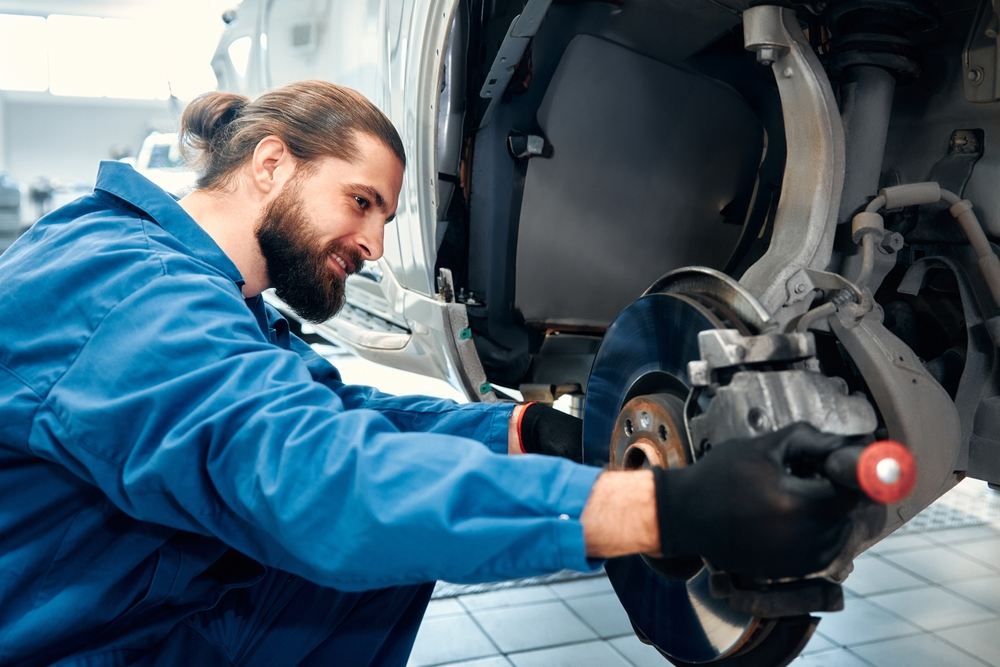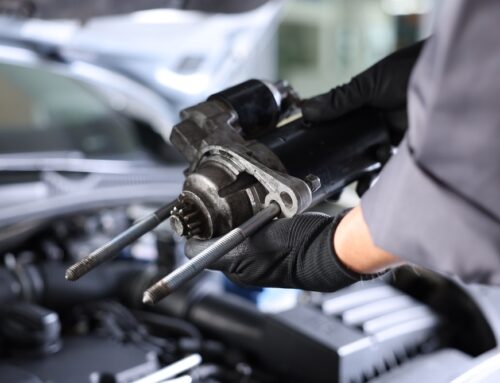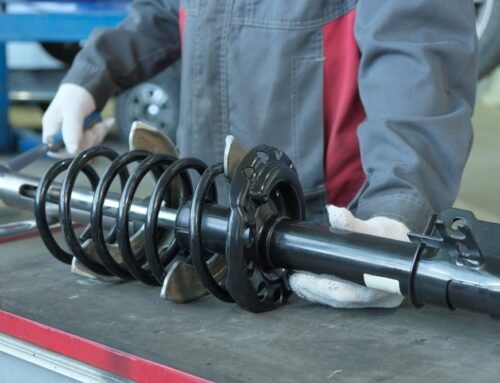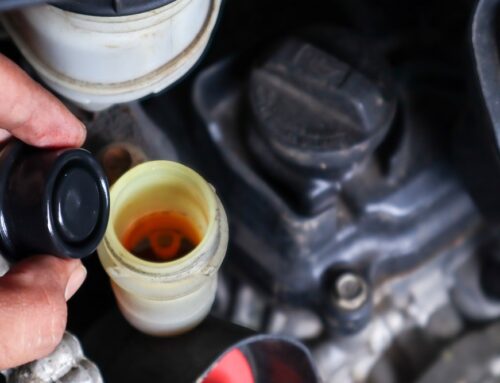
Related Posts
How to Know When It’s Time to Replace Your Brakes
1. Unusual Noises Can Be Your First Warning
When you start to hear squealing, screeching, or grinding noises coming from your wheels, it’s often your brake system trying to get your attention. Brake pads are designed with wear indicators that produce a high-pitched sound when they become too thin. Ignoring these sounds can lead to metal-on-metal contact, which damages your rotors and increases the cost of repairs. If your brakes start to grind, it’s likely past time for a replacement. Acting on these early warning signs helps you avoid more expensive problems and keeps your vehicle safe on the road.
2. Your Car Takes Longer to Stop
If you’ve noticed that your car isn’t stopping as quickly as it used to, it’s a clear signal that your brake system may be compromised. Worn-out brake pads can significantly increase your stopping distance, putting you and others at greater risk, especially in sudden braking situations. Soft or spongy brake pedals can also indicate issues with brake fluid or air in the brake lines. Whether you’re driving through traffic or coming down a hill, reliable stopping power is essential. Slower stopping is one of the most dangerous signs you shouldn’t ignore.
3. The Brake Pedal Feels Off
Your brake pedal should always feel consistent and responsive. If it feels soft, sinks to the floor, or requires you to pump it to get a response, your braking system needs immediate attention. These symptoms often indicate issues with your brake fluid, master cylinder, or a possible leak. On the other hand, if the pedal is stiff and you have to apply excessive force to slow down, it may be a problem with the brake booster. Either way, changes in pedal feel are clear indicators that it’s time to check and replace your brakes.
4. You Notice Vibrations While Braking
Vibrations or pulsing sensations when you apply the brakes are typically associated with warped rotors. This can happen when brake pads wear unevenly or when brakes overheat. Warped rotors cause your braking system to engage inconsistently, which reduces control and can lead to uneven tire wear. You might also feel the steering wheel shake during braking, especially at higher speeds. These vibrations don’t just affect your comfort—they reduce your ability to stop quickly and maintain control, especially during emergency maneuvers.
5. Brake Warning Light Comes On
Modern vehicles are equipped with brake system sensors designed to alert the driver when a problem occurs. If the brake warning light appears on your dashboard, don’t ignore it. It could be a sign of low brake fluid, worn brake pads, or a more serious system malfunction. Even if your vehicle still stops properly, the warning light indicates that your car requires attention. It’s best to schedule a brake inspection as soon as possible to prevent unnecessary damage and ensure safe driving conditions.
Don’t Wait—Make Brake Maintenance a Priority
Brake failure isn’t something you want to experience firsthand. If any of these signs sound familiar, it’s time to have your brakes inspected by professionals who care about your safety. Call Rancho Bernardo Auto Care at +1 (858) 524-6236 to schedule your service. Reliable braking ensures the safety of you, your passengers, and those around you. Don’t wait until your brakes fail—stay ahead with proper maintenance and replacements when needed.




